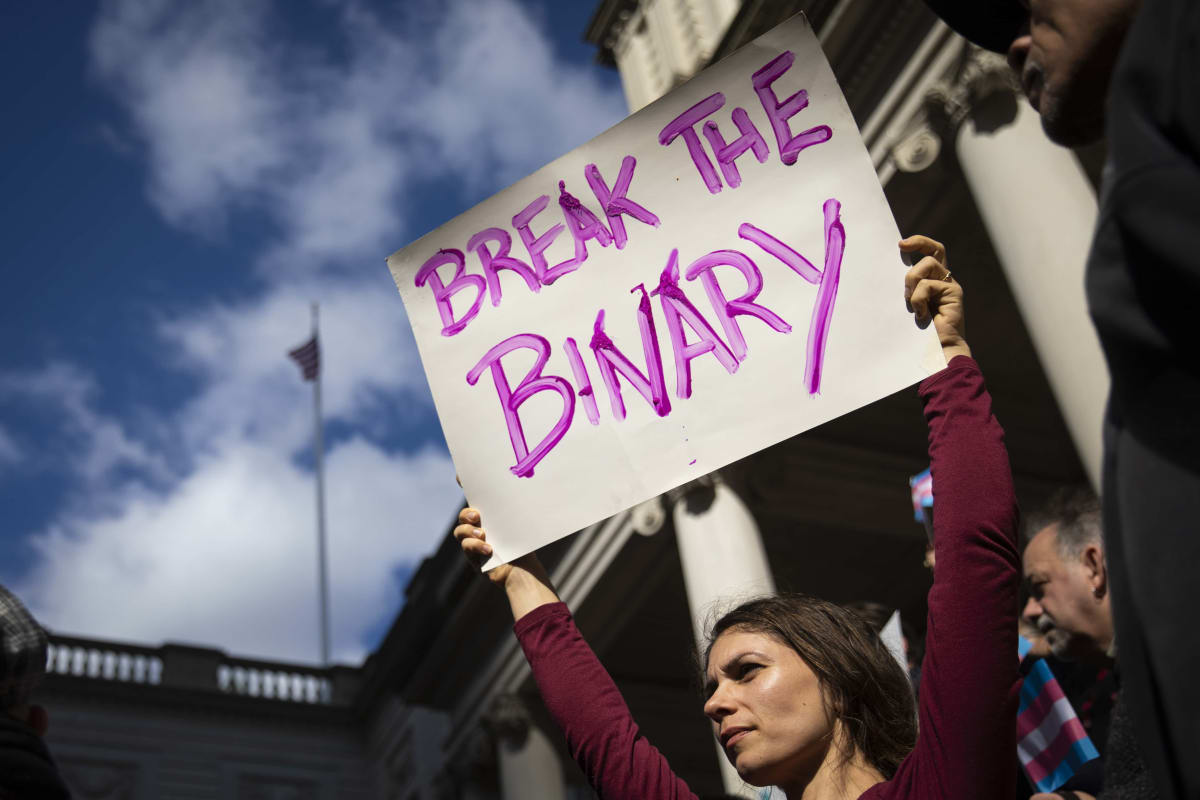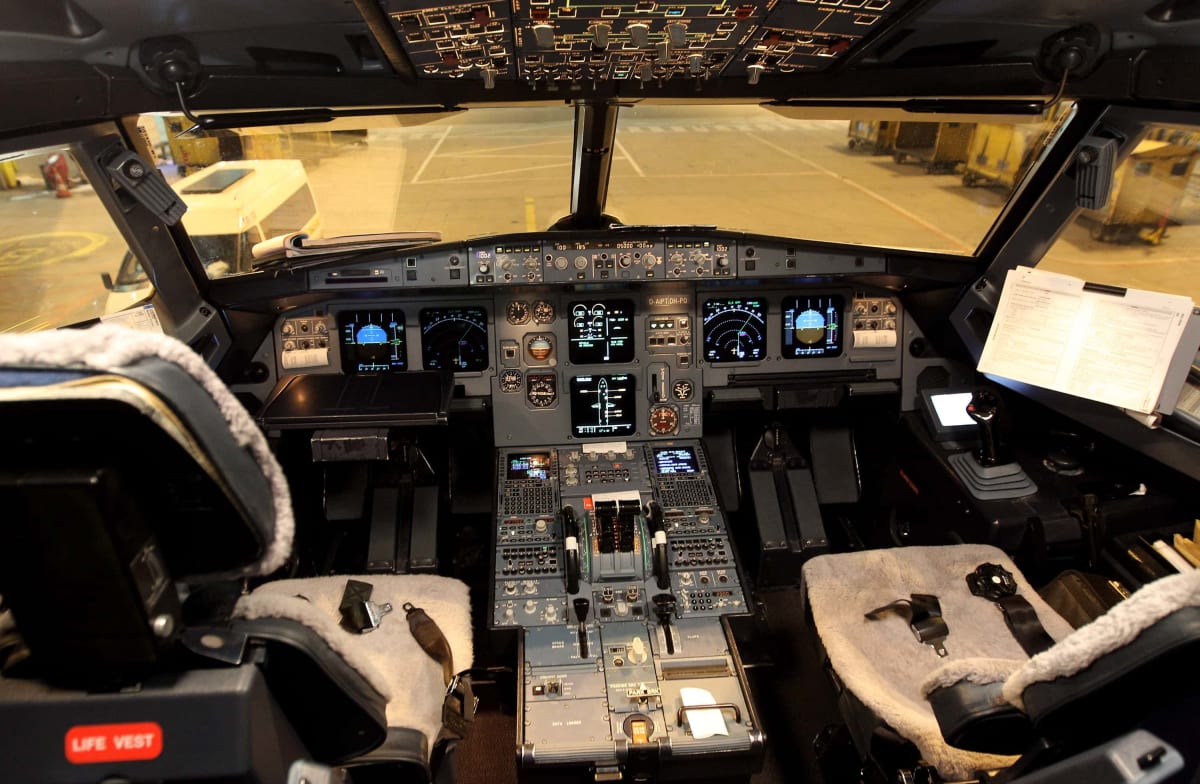'Woke' FAA wants to remove terms like ‘cockpit' and 'airman', here's why

If you travel frequently or watch a lot of films, chances are you've heard terms like 'cockpit' and 'airman'. Well, they could soon be out as the Federal Aviation Administration (FAA) may move to replace those terms with more gender-neutral ones. The news comes after an advisory group offered a report on the switch to more neutral terms, saying it "can lead to a more inclusive environment that draws more people to the industry and helps keep them there."
The switch to gender-neutrality or as some call 'wokeness' isn't without controversy. Back in March, we reported that the US Army was mulling canceling its gender-neutral fitness test after women were reportedly failing in larger numbers. While that decision was less debatable, others have attracted a lot of attention. In February, Hasbro announced Mr. Potato Head was going gender-neutral, leading to angry tweets from Rep. Marjorie Taylor Greene and Piers Morgan. Nancy Pelosi also drew up a storm in January for announcing that gendered terms would be banned from Congress.
READ MORE
UN accused of language policing as ‘gender-neutral’ language code draws backlash and ridicule
Despite the pushback by conservatives, many American organizations have moved to become more gender-inclusive. In 2006, NASA became one of the first to do so by replacing 'manned' with 'piloted'. Google also recently announced changes that would see users being nudged to adopt gender-neutral terms. Now, it appears as if the FAA will follow.

Advisory group recommends changes
The recommendations were part of a report released by the FAA’s Drone Advisory Committee (which has representatives from various sectors of the industry. The public report was released on June 23, after it was first asked to look into the matter back in February. The Washington Post reported, "the goal was to reshape language used in the drone industry in hopes that it would influence terms and phrases in the broader aviation community."
After months of research, the committee has issued a report saying gender-neutral terms will indeed benefit the aviation industry. "Avoiding imprecise and exclusionary language can create a work environment where all workers feel safe sharing their views, thereby improving psychological and operational safety," it says. The report pointed to cases like the "miracle on the Hudson", and other past reports, that showed how gender diversity benefits workplaces. "For all these reasons, we recommend that the Federal Aviation Administration move to adopt gender-neutral language in the drone industry," they said.
The report also goes on to indicate examples of gender-neutral language. He/she should be replaced with 'they', unmanned to be replaced with uncrewed, repairman with technician, airman with aviator, wife with spouse, and most importantly cockpit with flight deck. The report also includes changing a lot of other terms, but these appear to be more industry-specific, rather than general use.
What that means is that, as a member of the public, these changes are not likely to impact you much. Unless you work in the industry, most of these changes won't affect your travel in any way, but it could help attract more women, as well as members of the LGBTQ community to work in aviation.

FAA 'considering' changes
Right now, the FAA has not confirmed if these recommendations will be adopted. The report was just released and will have to be debated by the FAA. It is possible that the changes won't be adopted as well, since they are merely recommendations from an advisory group. That, however, doesn't seem like the route the body will take. "Implementing gender-neutral language into the aviation community is an important step towards achieving diversity and inclusion in the workforce," Deputy FAA Administrator Bradley Mims told the Post.
Others noted that simply adopting the recommendations won't be enough. "Simply changing the language won’t ensure the diverse workforce, but not changing the language will certainly give the impression that a diverse workforce is not what they’re going for," Christine Mallinson, a professor at the University of Maryland said. Other steps will be needed to ensure diversity, such as better harassment reporting policies and training. For now, though, gender-inclusive language is a start.










